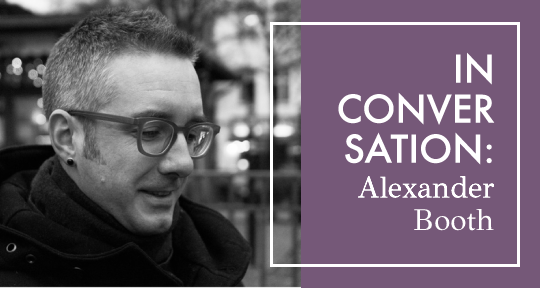Early in her lyrical memoir, The Communicating Vessels, Austrian poet Friederike Mayröcker has a crisis of faith: “And will anyone even read this . . . ?” she wonders. “. . . I see no goal, everything I touch, take up, after 1 short time seems flat and plain . . .” This kind of mid-project despair should sound familiar to many a writer—when the work feels futile, and the motivation to do it sapped.
But in some respects, Mayröcker had no choice but to write The Communicating Vessels. After the death of Ernst Jandl, her partner and collaborator of nearly half a century, Mayröcker took to the page to process her grief. She didn’t write her way out of pain so much as through it: in Vessels and its companion And I Shook Myself a Beloved, recently compiled together and published in English by A Public Space, the poet documents and reflects on her mourning process, her memories, and her daily life without Jandl.
Mayröcker’s style—unfettered, freely associative—can intimidate some readers. Literary translator Alexander Booth, on the other hand, was immediately captivated. In his masterly translation of Vessels, a work that confidently flouts grammatical rules and linguistic convention, Booth manages to enter Mayröcker’s mind and interpret her raw, cascading thoughts. It’s heartbreaking to witness her anguish and disorientation, while simultaneously astounding to revel in her complete liberation from the confines of language. In the following interview, I speak with Booth about the daunting, rewarding process of bringing Mayröcker to English-language readers.
—Sophia Stewart, Assistant Interviews Editor
Sophia Stewart (SS): The Communicating Vessels was in fact the first book of Mayröcker’s that you ever read, handed to you by a bookseller in Berlin over fifteen years ago. How did you come to translate Vessels? Did translating this book change at all your understanding of or relationship to her and her work?
Alexander Booth (AB): As with many things, it was a fairly circuitous path! I first encountered Mayröcker’s writing in Jerome Rothenberg’s and Pierre Joris’ anthology, Poems for the Millennium, and was intrigued. But living as I was in the US, finding her books in the original German was somewhat difficult. Then at the end of 2003 I moved to Berlin. I had nowhere to be, nowhere to go. The city was dark. There was snow and it was cold and I was unemployed and sleeping on a kitchen floor. Mostly I wanted to read. And fall in love. What I got was The Communicating Vessels. And so I more or less began to translate bits and pieces as soon as I could—but for myself, mind you, as a means of getting a better grip on what was going on.
Later, unpublished and unknown, I had absolutely no idea how to go about contacting publishers, much less how to approach journals with something in translation. After some not exactly encouraging responses and years of rejections, I mostly gave up. Then, at some point, I began to correspond with Nia Davies, who at that time, in 2014, was editor at Poetry Wales. She ended up publishing a few of the aforementioned bits and pieces in the journal in connection to a piece on Mayröcker—at ninety and being translated into Welsh. Then, in late 2015—more than ten years after having first begun—out of the proverbial blue I received an email from A Public Space inquiring as to whether I had any longer excerpts, and would I be interested in putting together a kind of expose, and it went from there.
I’m not sure that translating this book changed my understanding or relationship that much, no, aging and experience did just fine on their own. But I will say that there are very few writers who will truly change the way you approach reading and writing, indeed change your reading and writing, and whose works will continue to teach you in surprising ways, year after year. There are also very few writers you will remember where you were, when you were, how you were, upon first reading. It is no exaggeration to write that Mayröcker was one of them for me. READ MORE…


